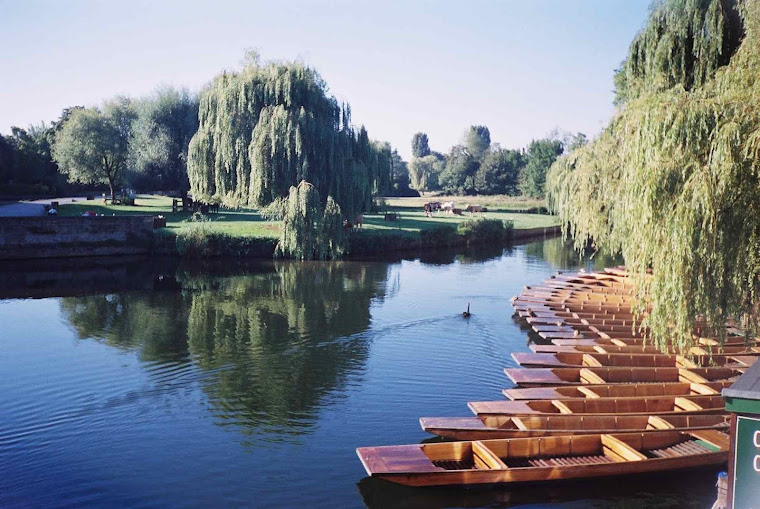They’re back! The new term in Cambridge started yesterday and the students are all back in town. The traffick in Cambridge was chaotic at the week-end as parents dropped off their little darlings. It’s one of the only times that the city centre is open to general traffick –usually its restricted to pedestrians and bicycles. There are groups of new students wandering from bar to bar in the evenings on “orientation” events.
My Department has suddenly sprung into life. From a very quiet summer period we now have hoards of students traipsing up and down the stairs four-abreast and generally blocking the way. They are all collecting their lecture and coursework hand-outs ready for the start of lectures/practical classes on Thursday. The first year students are bright eyed and bushy tailed, the second year students cool and nonchalant and the third year students starting to realise that the end is nigh. The bicycle population in Cambridge had quadrupled over the weekend and it is now very difficult to find a spot to park my bike outside the Department.
 |
| Bike Congestion |


